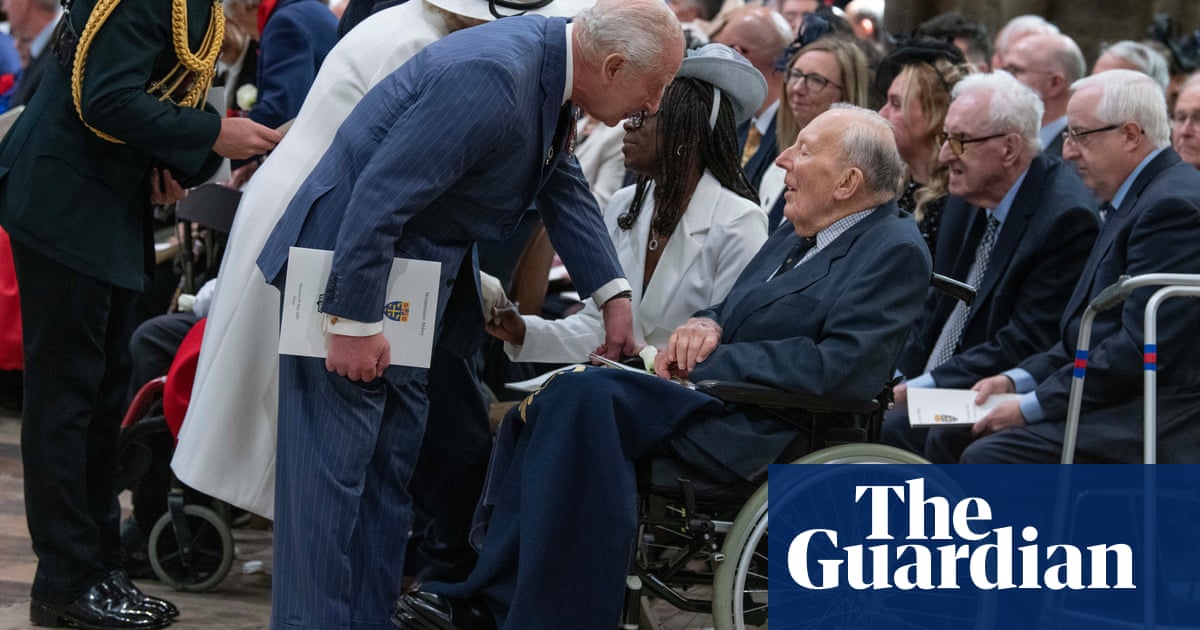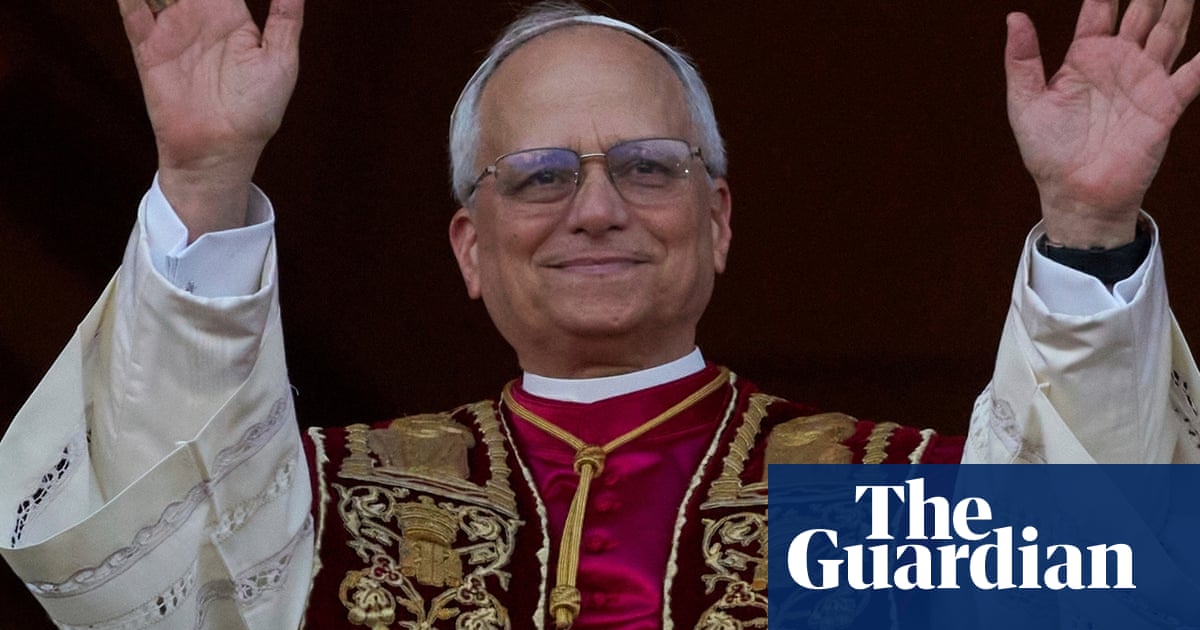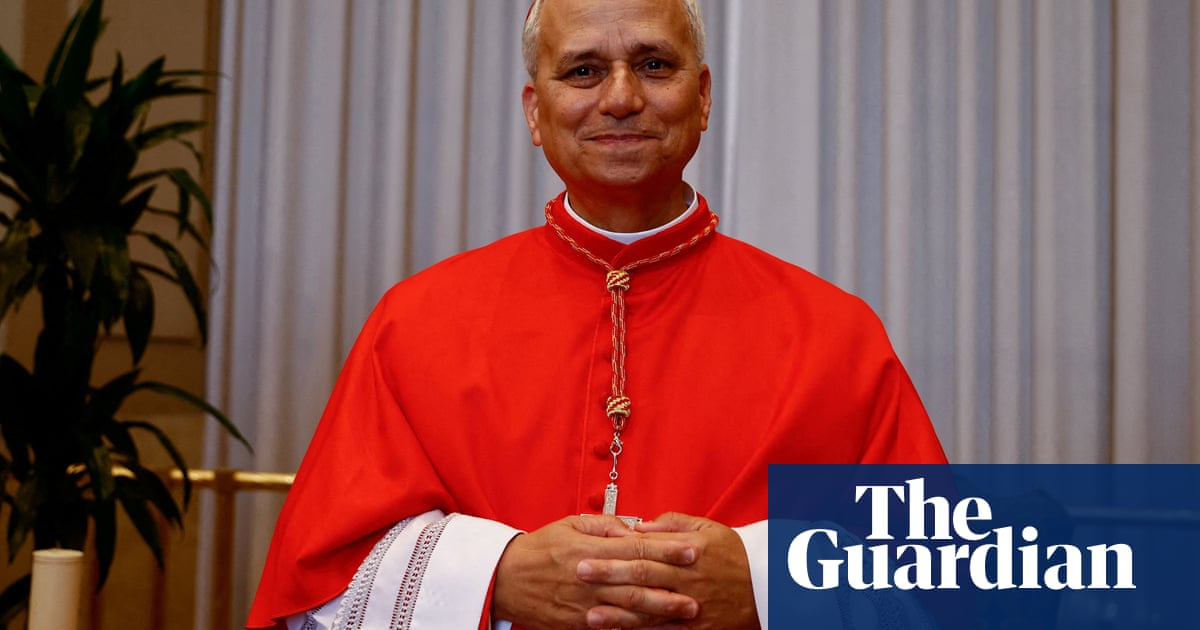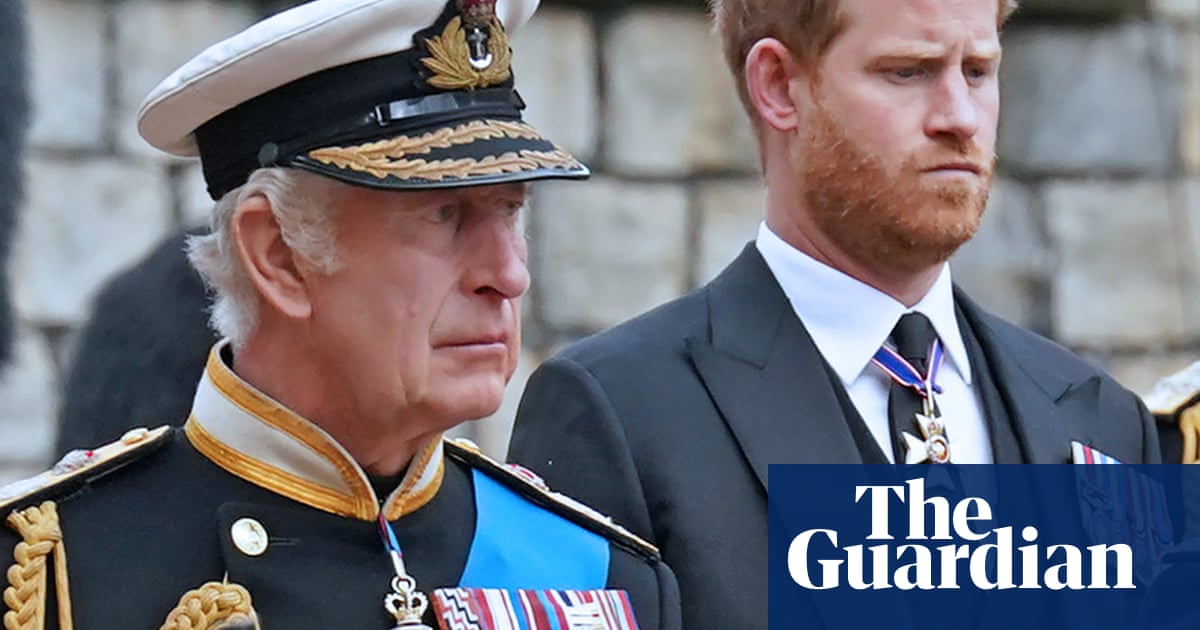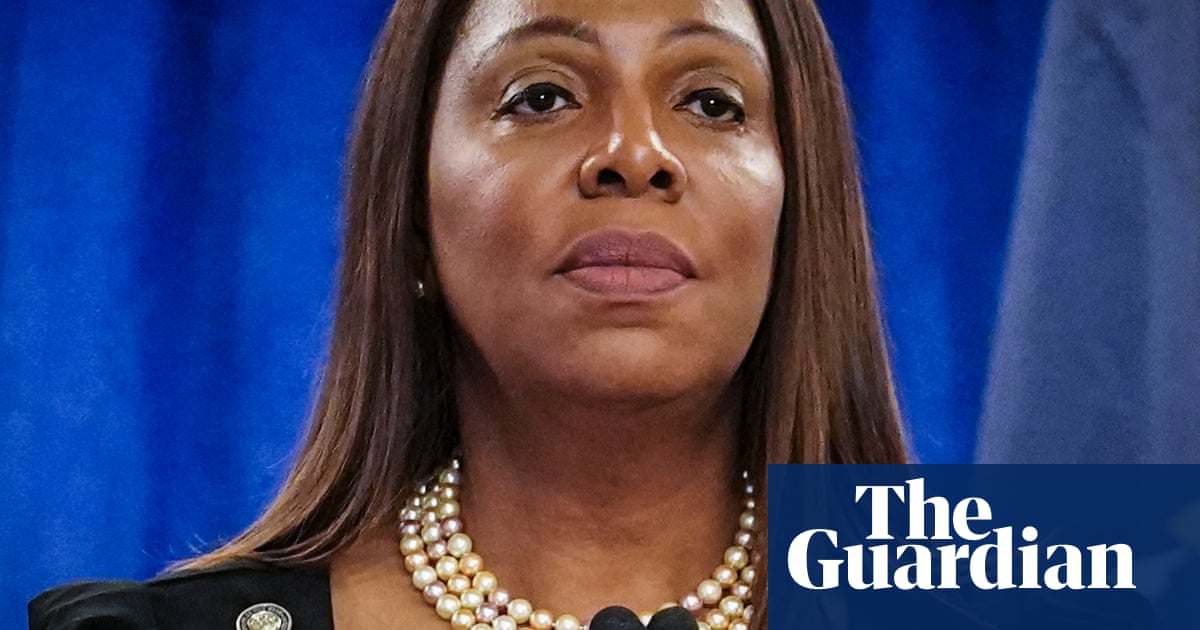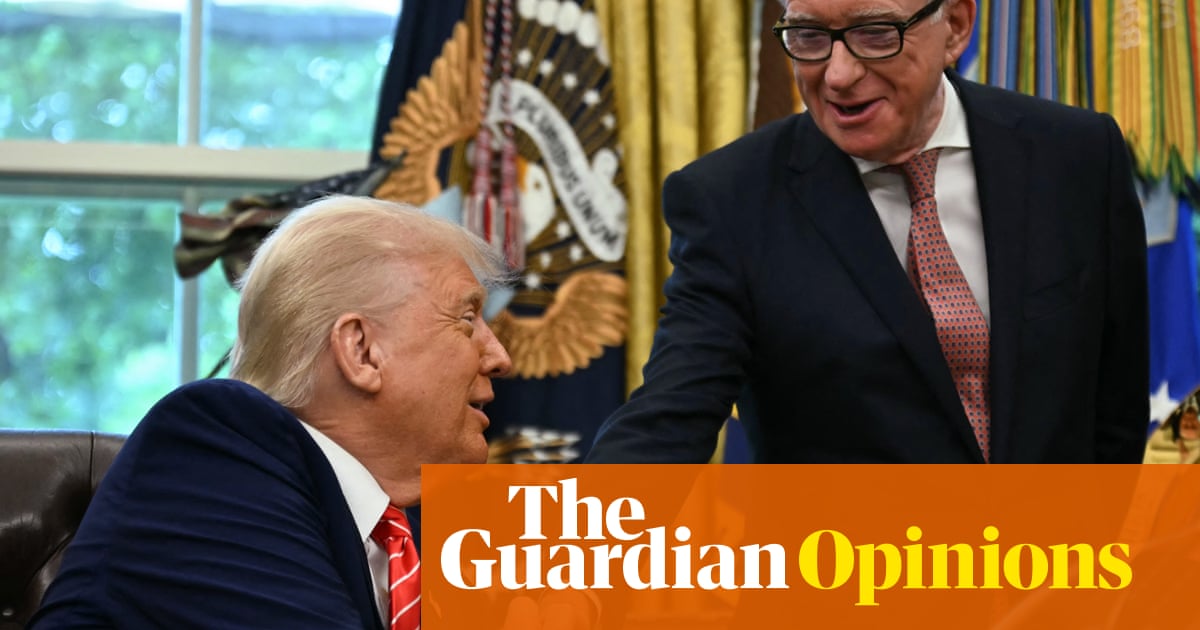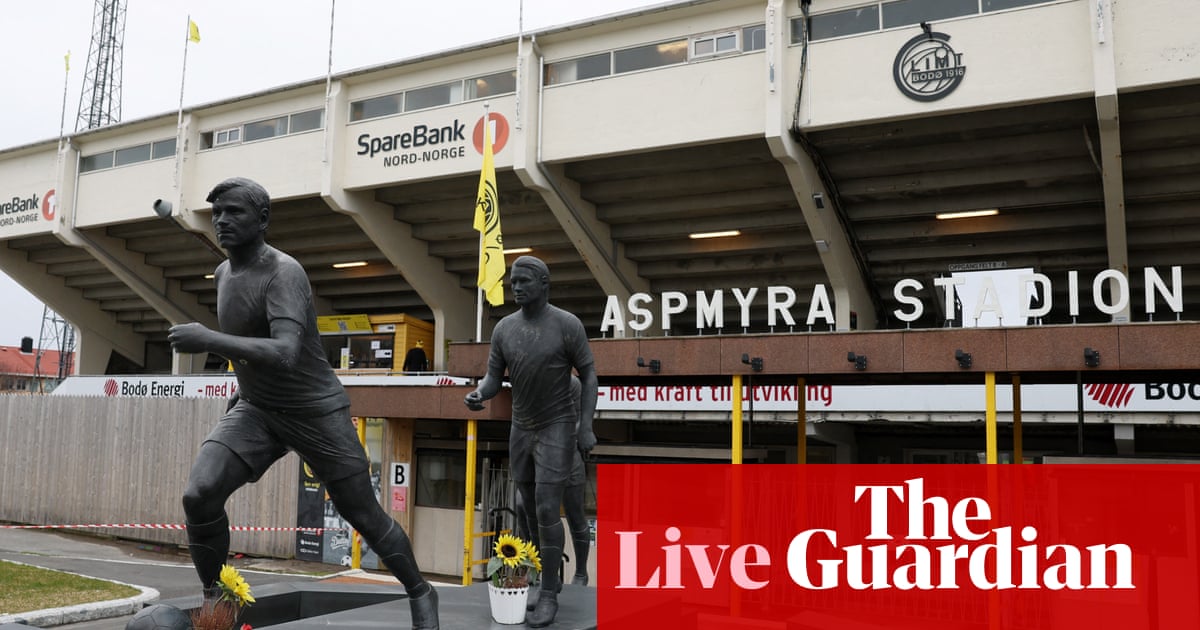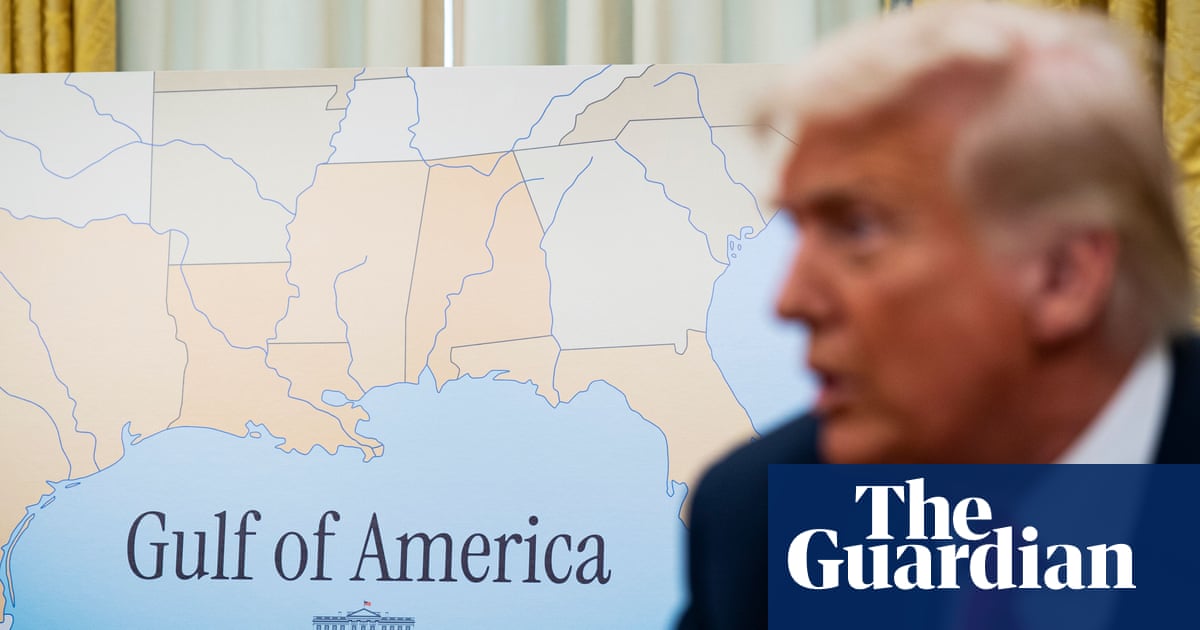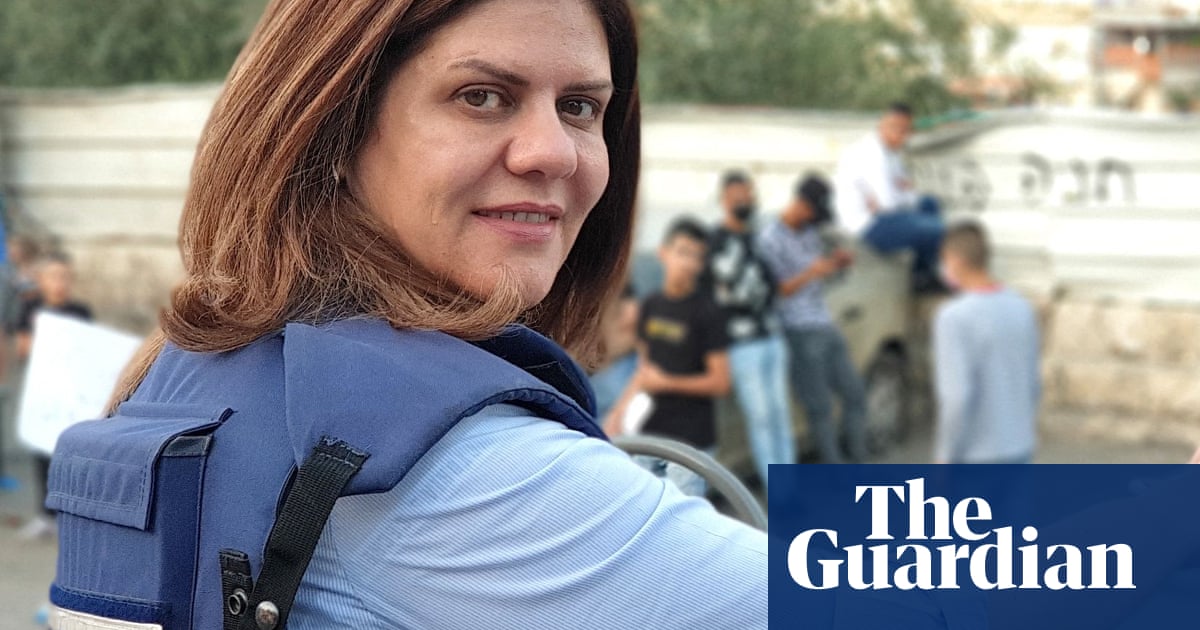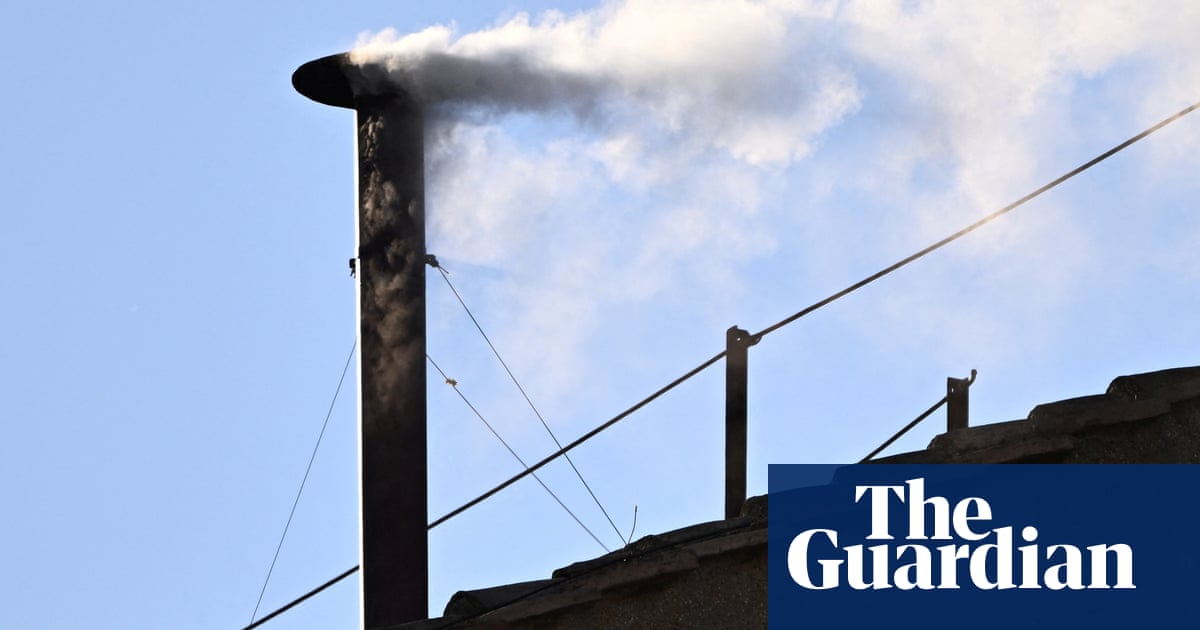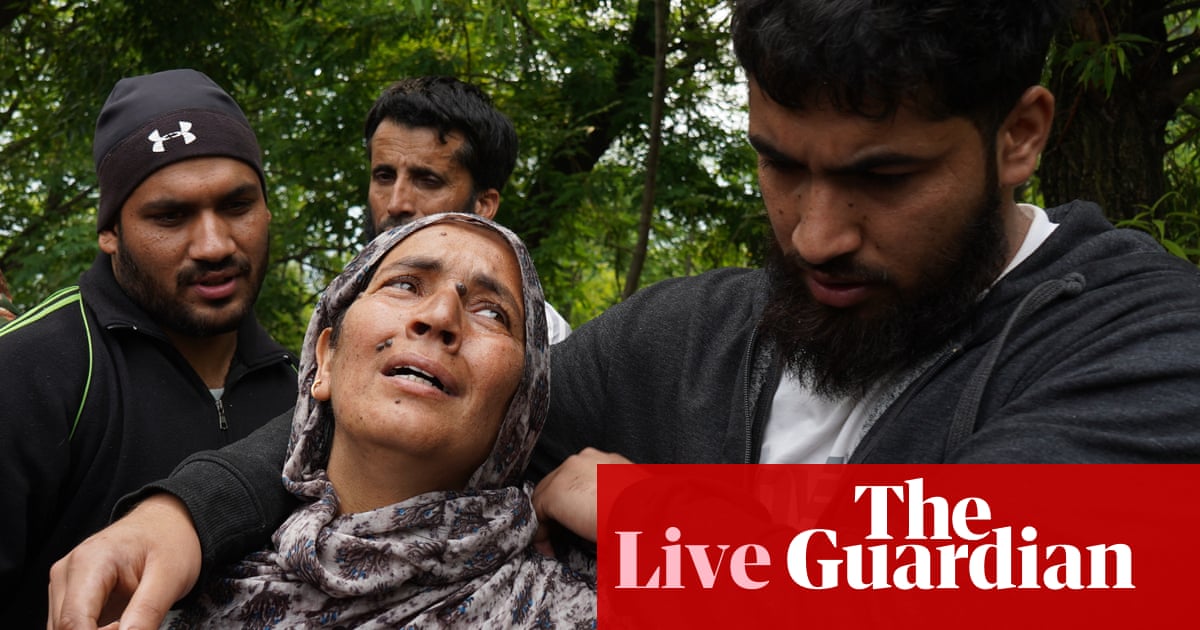India must 'suffer the consequences' of its 'cowardly' attack, says Pakistan PM Sharif
Pakistan’s prime minister, Shehbaz Sharif, has been addressing the nation following an overnight missile attack by the Indian air force.
India “will have to suffer the consequences” of its airstrikes, Sharif said in quotes carried by Dawn. He said:
Perhaps they thought we would retreat – but they overlooked the fact that this is a nation built on courage.
Shehbaz described the strikes as “cowardly”:
In India’s cowardly attack, 26 innocent civilians were slain and 46 were injured … We just offered funeral prayers for a slain child, seven-year-old Irtaza Abbas.
Key events Show key events only Please turn on JavaScript to use this feature
Pakistan 'trying to avoid' full-fledged war with India, says defence minister
Pakistan’s defence minister, Khawaja Muhammad Asif, said his country is “trying to avoid” a full-fledged war with India, but that its military is “prepared” for the scenario.
Asif, in an interview with CNN on Wednesday, said India’s overnight strike marked an “invitation to expand the conflict” with Pakistan and was a “clear-cut violation”.
He said Pakistan’s military was braced “for an all-out war”, adding:
What happens next is we are prepared for an all-out war. There is absolutely no doubt, because India is increasing the intensity, the stakes of this conflict. So… we can’t be caught with our guards down.
Footage shows the aftermath of India’s missile attack on Pakistan and Pakistan-administered Kashmir on Wednesday.
Turkey’s president, Recep Tayyip Erdoğan, has spoken with Pakistan’s prime minister, Shehbaz Sharif, in a phone call on Wednesday.
A readout of the call by the Turkish presidency says Erdoğan conveyed his solidarity and supported what he called Pakistan’s “calm and restrained policies” in the crisis. It says:
Erdoğan stated that Turkey was ready to do what it can to prevent the tensions from escalating, and that his diplomatic contacts in that regard would continue.
Erdoğan also said he found “appropriate” Pakistan’s call for an investigation into last month’s attack in Indian-administered Kashmir that triggered the crisis.
Separately, Turkey’s foreign ministry said the overnight missile attacks by India created the risk of an “all-out war”.
For days, residents living on both sides of the volatile border between India and Pakistan dividing the disputed region of Kashmir had been bracing themselves for war.
In Indian-administered Kashmir, residents living in border villages had been preparing bunkers and stocking up supplies. At around 1am on Wednesday, the whistle of missiles overhead and the shuddering boom of explosions over the border alerted them that Indian strikes on Pakistan had begun.
In the village of Wuyen, in Pulwama district of southern Indian Kashmir, people reported that an object, suspected to be an aircraft, had fallen from the sky. Firefighters were immediately sent to extinguish the resulting blaze.
While officials declined to confirm whether it was a military aircraft, witnesses reported hearing a loud explosion at about midnight accompanied by the sound of fighter jets overhead.
“It sounded like powerful thunder. When I looked outside, I saw a massive fireball,” recounted one local resident.
Read the full story: ‘I hope we survive this hell tonight’: people in Kashmiri border villages fear more strikes

Death toll from India strikes rises to 31, says Pakistan's military
A Pakistan army spokesperson has updated the death toll from India’s overnight missile attacks from 26 to 31.
Lt Gen Ahmed Sharif Chaudhry, at a briefing with reporters, said 57 others were injured from the strikes.
Here’s a map showing the region and places inside Pakistan and Pakistan-administered Kashmir that were struck by the Indian attacks overnight on Wednesday.
Pakistan’s prime minister, Shehbaz Sharif, said it took “only a few hours” for his military to bring its enemy to its knees.
Pakistan is a “nation of courageous people” who will “fight until the last drop of blood”, Sharif said during a televised address to the nation. He added:
We will promise that every drop of their blood that has been shed will be made accountable.
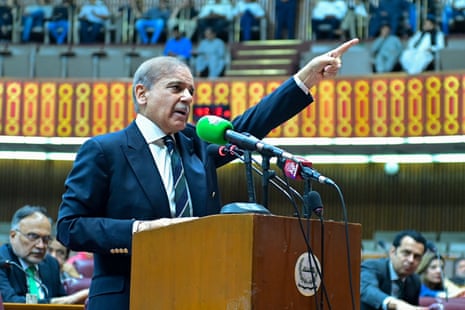
India must 'suffer the consequences' of its 'cowardly' attack, says Pakistan PM Sharif
Pakistan’s prime minister, Shehbaz Sharif, has been addressing the nation following an overnight missile attack by the Indian air force.
India “will have to suffer the consequences” of its airstrikes, Sharif said in quotes carried by Dawn. He said:
Perhaps they thought we would retreat – but they overlooked the fact that this is a nation built on courage.
Shehbaz described the strikes as “cowardly”:
In India’s cowardly attack, 26 innocent civilians were slain and 46 were injured … We just offered funeral prayers for a slain child, seven-year-old Irtaza Abbas.
What we know so far
Hello and welcome to our coverage of the escalation in tensions between Pakistan and India, after India launched a series of strikes on Pakistan in the early hours of Wednesday.
It’s 10pm in Islamabad and 10.30pm in New Delhi. Here’s what we know so far:
-
At least 26 people, including several children, were killed and 46 others injured after India launched missile strikes in Pakistan and Pakistan-administered Kashmir. One Indian missile strike hit a mosque in the city of Bahawalpur in Punjab, Pakistan’s most populous province, killing 13 people, including two three-year-old girls. Other locations hit were near Muridke in Punjab and Kotli in Pakistan-controlled Kashmir, where a strike on a mosque killed several people, including a 16-year-old girl.
-
India said its overnight strikes targeted nine sites of “terrorist infrastructure” inside Pakistan. The Indian defence ministry said the strikes were in response to an attack targeting Hindu tourists in Indian Kashmir last month that killed 26 people. The Indian attack was named “Operation Sindoor”, in reference to the wives of victims of the militant attack in the Baisaran Valley in Pahalgam in April. An Indian army spokesperson said Indian intelligence had uncovered evidence that “further attacks against India were impending” and said India needed to “both to deter and pre-empt”.
-
Pakistan called the strikes an “act of war” and claimed it had shot down five Indian air force jets. “Pakistan gives a befitting reply to India,” said the Pakistan government in a statement. The office of the prime minister of Pakistan, Shehbaz Sharif, said the country’s armed forces had been authorised to undertake “corresponding actions”.
-
Pakistan’s defence minister, Khawaja Muhammad Asif, said his country is “trying to avoid” an “all-out war”. Asif, in an interview with CNN, said India’s missile attack was a “clear-cut violation” and marked an “invitation to expand the conflict”, and said Pakistan’s military was “prepared” for a “full-fledged war”.
-
Pakistan denied that any of the sites hit by Indian missiles had been associated with terrorist infrastructure. Pakistan’s national security committee, chaired by Sharif, said the Indian strikes deliberately targeted civilian infrastructure, including mosques, and were carried out “on the false pretext of the presence of imaginary terrorist camps”. “These unprovoked and unjustified attacks martyred innocent men, women and children,” it said.
-
Indian and Pakistani troops engaged in heavy exchanges of fire on the line of control all through the night. Pakistan said another five people, including a five-year-old, were killed in artillery fire near the de facto border between the two countries. Indian police and medics said at least seven civilians were killed and 30 others wounded by retaliatory Pakistani firing and shelling overnight.
-
India’s prime minister, Narendra Modi, cancelled plans to visit Europe after the strikes. Modi has chaired a meeting with senior cabinet ministers but has not spoken publicly since the targeted attacks. He had been scheduled to visit Croatia, Norway, and the Netherlands.
-
There were calls for restraint from the UN’s secretary general, António Guterres, and countries across the world. China called on India and Pakistan “to prioritise peace and stability, remain calm and exercise restraint, and avoid actions that could further complicate the situation”. Russia said it was concerned by the development, while Turkey urged “common sense”. The UK said it was ready to help both countries de-escalate the situation. US president Donald Trump called the fighting “a shame” said he hoped “it ends quickly.”

 1 day ago
9
1 day ago
9
